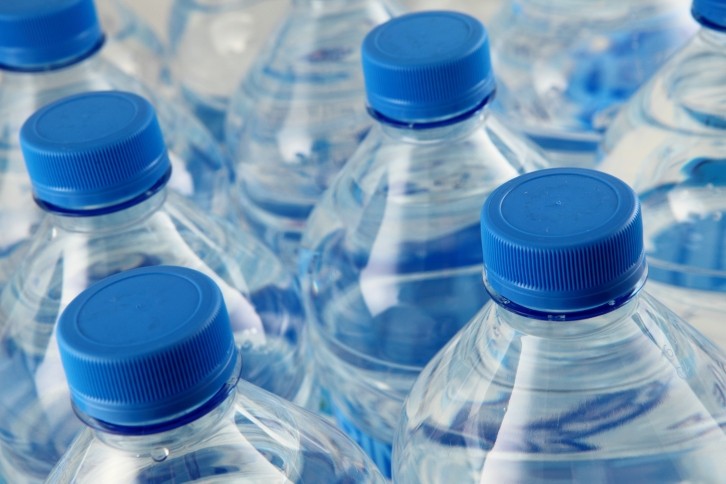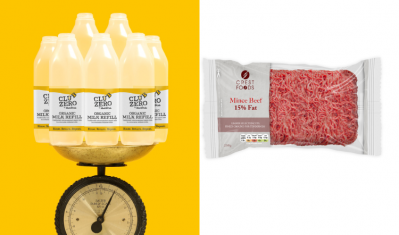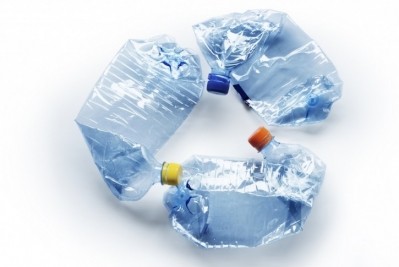News
Automation better at curbing plastic packaging waste than blanket ban

About 70% of all litter in the UK coastal areas is related to food and drink packaging and single-use plastics generate create substantial greenhouse emissions – the equivalent of up to 700,000 tonnes of CO2 annually.
While the UK Government is already considering a ban on fruit and vegetable plastic packaging for supermarkets, Hayes warned that there are several unintended consequences of such a scheme.
“Plastic packaging extends the shelf life of fresh produce by providing a barrier against moisture and air, which can lead to spoilage,” he explained. “With the average household in the UK already throwing away £700 of food annually, a blanket ban for supermarkets could cause this to increase further.”
The benefits
Not only does plastic packaging help prevent spoilage, it also provides a hygienic barrier against contaminants such as dirt and bacteria and protect product during transportation.
Outside of these benefits, plastic packaging also provides a space for labelling, which can include important information such as nutritional content, origin and usage instructions. It can also encourage healthier eating habits for consumers by making it more straightforward to prepare and consume fresh produce, especially if it arrives pre-washed, pre-cut or portioned.
“With this in mind, rather than a complete ban, would it be better to reduce the environmental impact of plastic packaging by making changes to the manufacturing process?” Hayes questioned. “Here, automation can make a huge difference.”
With automation, food businesses could precisely measure and dispense the exact amount of packaging material needed for each product, reducing waste and ensuring that only the necessary amount of packaging is used.
Less to landfill
Through this method, automation can help to decrease the overall consumption of material and reduces waste sent to landfill.
“Automation systems, using PC-based control technology, can also influence the environmental impact of the packaging process by integrating all control function such as PLC, motion control, HMI and safety, into a single platform,” Hayes continued. “Overall, this allows for continuous operation with optimised energy use, reducing the carbon footprint associated with food packaging.
“A blanket ban on plastic packaging is unlikely to come into effect any time soon. But making small changes during the manufacturing process could make a huge difference overall.”
Meanwhile, Food Manufacture explores the use of plastic in food and drink packaging and ask if there really is a better option available to manufacturers?















